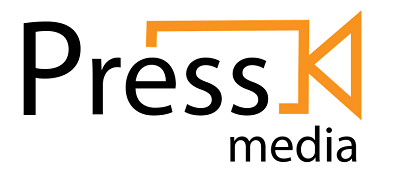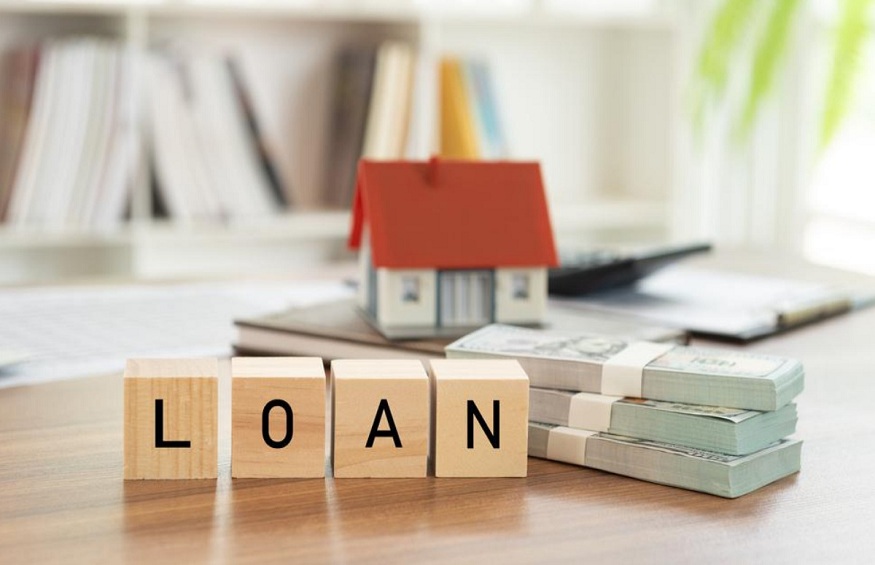The mortgage loan is a bank loan guaranteed by a mortgage on one or more real estate properties owned by the borrower.
It reassures the lending institution but also allows you to obtain liquidity more easily in order to finance another project.
The main characteristics of a mortgage loan
Firstly, the mortgage loan is mainly aimed at property owners who already have assets and wish to obtain liquidity without giving up their property.
The mortgage loan can be widely considered for all types of projects: developing your professional assets, obtaining personal cash flow or financing a professional project.
In return for the mortgage on real estate, the bank largely grants a loan, without taking any risk.
The repayment of a mortgage loan can be amortized or ultimately.
Definition of a mortgage
When borrowing, it is necessary to present a guarantee to the bank: if you can no longer repay your loan, whatever the reason, the guarantee allows the lender to be covered.
The mortgage guarantee is one of these guarantees: it consists of the borrower pledging real estate already in his possession to guarantee the loan granted.
In the event of non-repayment of your loan, the lending organization may seize this property and put it at auction in order to settle your loan and reimburse itself for its loss.
We therefore speak of a mortgage loan when a credit is granted in exchange for the mortgage of real estate that already makes up your real estate assets.
What is the difference between mortgage loan and home loan?
A real estate loan offers the possibility of financing all or part of the acquisition of real estate, the construction of a property or even works. The mortgage loan, for its part, is a loan backed by a mortgage.
How does a mortgage loan work?
The mortgage loan can be set up for the purchase of a new property as well as an investment in an old property, whether it is a primary, secondary or rental residence.
All forms of real estate are concerned: offices, house, apartment, residential building or commercial premises.
And it is suitable for everyone: employees, liberal professions and self-employed people, business leaders, seniors and retirees, etc.
At the end of the loan repayment, the mortgage is automatically extinguished.
If necessary (in the event of resale of the property for example), it can be interrupted earlier: it will then be necessary to lift the mortgage.
Mortgage credit and SCI
To set up a mortgage loan, the property(ies) mortgaged must belong in the borrower’s own name, or belong to an SCI (company tax (IS) or not, if the latter is ‘borrower).
The joint and mortgage guarantee of an SCI is not accepted: the SCI is not intended to act as a guarantee, even simply a mortgage guarantee, for personal projects of third parties (even the partners of the said SCI).
You must have income declared in France and be a French tax resident. The borrower’s income must be able to repay the loan, taking into account other current charges.
Which projects to finance with a mortgage loan?
Expand your real estate assets
Mortgage credit is aimed at borrowers who are already owners wishing to continue the development of their real estate assets, whether in France or abroad.
Sell your property at the right price
Are you waiting for the sale of one of your residences and need to release funds? The final mortgage loan can represent a reassuring solution: you will then have 10 years to repay this credit, which gives you time to take advantage of your property and then sell it at a fair price.
Financing a professional project
Thanks to the mortgage loan, you are able to finance a contribution to your partner’s current account, or to see your SCI’s current account reimbursed.

